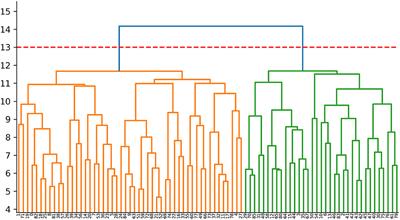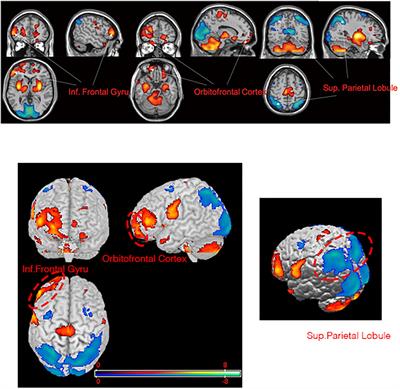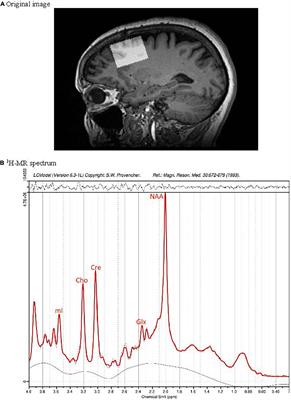EDITORIAL
Published on 09 May 2023
Editorial: Neuroimaging of non-motor deficits in movement disorders
doi 10.3389/fnhum.2023.1203527
- 896 views
3,654
Total downloads
12k
Total views and downloads
EDITORIAL
Published on 09 May 2023
ORIGINAL RESEARCH
Published on 29 Jul 2022

ORIGINAL RESEARCH
Published on 01 Jun 2022

BRIEF RESEARCH REPORT
Published on 12 Apr 2022

ORIGINAL RESEARCH
Published on 12 Oct 2021

